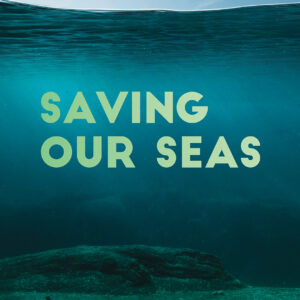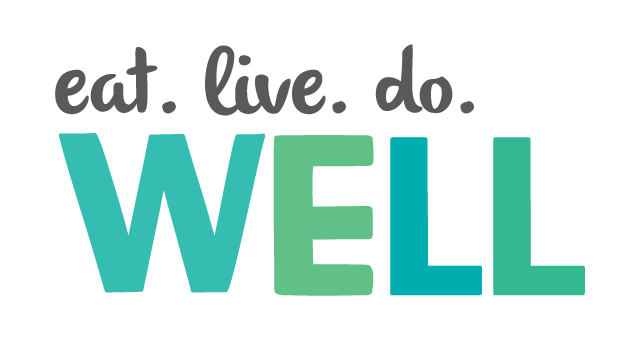
In 2005, Compass Group began its partnership with Seafood Watch and quickly adopted their standards for sustainable seafood. Because of this, the company has made tremendous strides in making its seafood supply chain more sustainable, leading the industry. As the first foodservice company to commit to sourcing sustainably caught tuna, Compass has used its size to positively impact the seafood industry. Julia Jordan, Director of Sustainability, Compass Group, sat down with Brian Albaum, Business Engagement Manager, Seafood Watch, to discuss sustainable seafood and working together towards healthier oceans.
Julia: Tell us about some of the issues the seafood industry is facing. Why is it so important to purchase sustainable seafood?
Brian: Whether it is fished or farmed, the way we harvest can have big impacts on the environment. Overfishing can greatly affect the health of wild fish populations, and the various catching methods can impact the surrounding ecosystem. Some boats drag fishing gear along the seafloor, damaging sensitive habitats like corals. Others use nets and hooks that accidentally kill species like seabirds, seals and turtles. On some fish farms, chemicals and waste can pollute nearby habitats. Overcrowding of fish on farms can lead to disease outbreaks and the need to treat with them high doses of pharmaceuticals. The Seafood Watch program evaluates the environmental impacts of seafood production and makes recommendations to consumers and businesses on which seafood to eat and which to avoid. Purchasing seafood in ways that minimally impact the environment is a small, yet vitally important step that every consumer can make to support a healthy ocean.
Julia: In 2015, Seafood Watch and Compass Group began participating in the Seafood Roundtable. This group was put together so that we can make a positive impact on the seafood industry. What has been the most meaningful change you think this group has made thus far? What has surprised you most? What do you hope this group will accomplish over the next 5 years?
Brian: The Foodservice Roundtable was the first time Seafood Watch had organized a group of competing businesses to sit in the same room and talk openly about the challenges they face with seafood and how they could work collectively to overcome those challenges. We were pleasantly surprised by the depth of relationships that had formed so quickly. We expected some resistance to speaking openly among competitors, but instead, all the participants enthusiastically jumped into the discussion. This relationship-building has blossomed into friendships, and over the last few years, we have been very pleased with the collaborative spirit and engagement between the individuals and companies in this group.
Julia: Seafood Watch has recently released a seafood dashboard for its business partners, how did that come about and what is the goal?
Brian: The new dashboard is an interactive way to visualize a Partner’s seafood purchase data: individual species, countries or suppliers can be filtered through, along with all the Seafood Watch ratings and presented in an intuitive format. We heard from our major buyer partners and understand that having clear, quality seafood purchasing data is foundational for their sustainability improvement. The dashboard was developed to help reach this objective, as well as to provide our major buyers with actionable intelligence that can be used when strategizing next steps.
Julia: What part can foodservice companies play in ensuring there is more sustainably caught and raised seafood available?
Brian: Collectively, foodservice companies buy and serve a very large volume of seafood, which means they hold a great deal of purchasing power. It is our hope that they use this power responsibly. Foodservice companies are in unique positions to demand transparency from their supply chains, shift procurement away from bad practices and support improvements when they are happening. We are very pleased to see Compass Group USA engaging on many of these fronts!
Julia: What should consumers look for when purchasing seafood at the grocery store or ordering in restaurants?
Brian: Asking for information is crucial – what species, where is it from and how was it caught or farmed. Ask the person behind the counter who is helping you at the grocery store, or have your server ask the chef if they do not know the answer. When consumers ask questions, businesses respond – and that is when we see change happening. We are proud that Compass Group USA was the first foodservice company to make moves more than 10 years ago to improve the environmental responsibility of their seafood procurement. We look forward to working with them to help them meet their updated sustainability commitments.
Related:
National Seafood Month 2020 // Chefs Creating Change // Mediterranean Fad Free Tuna Wrap



Leave a Reply
You must be logged in to post a comment.